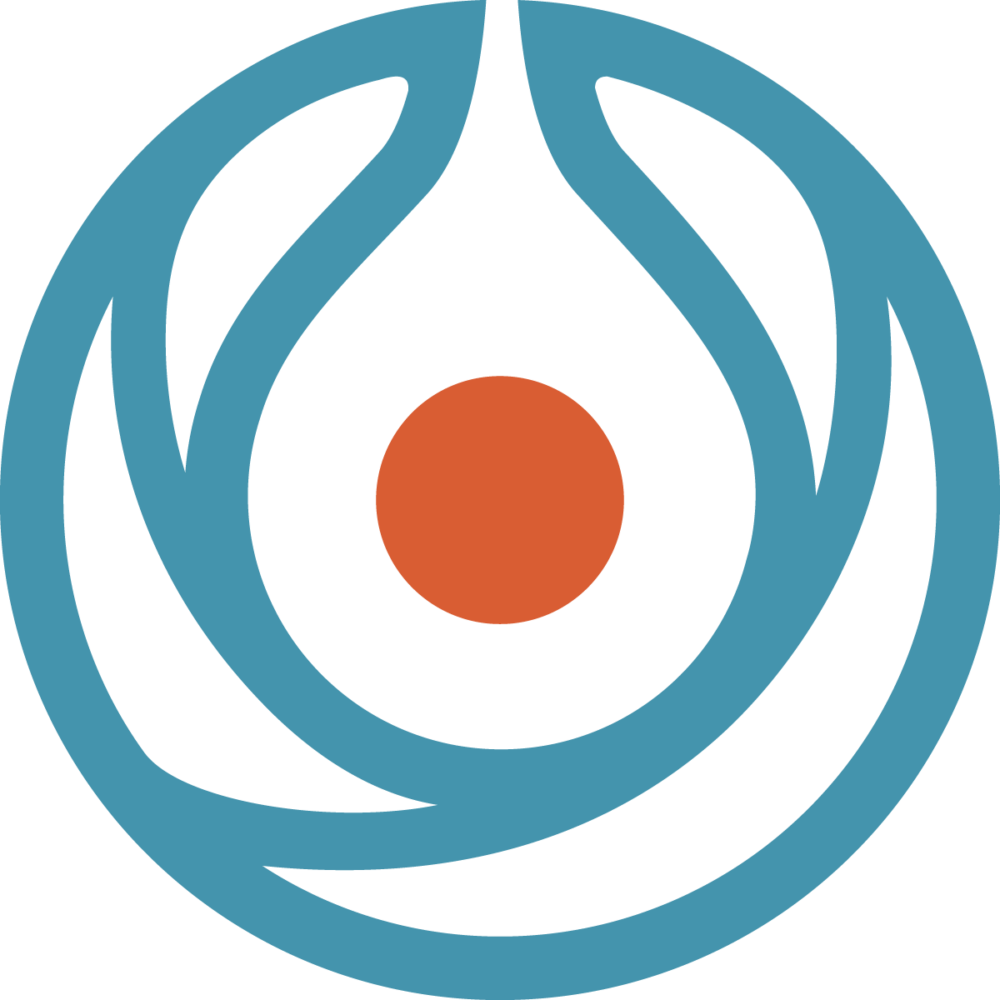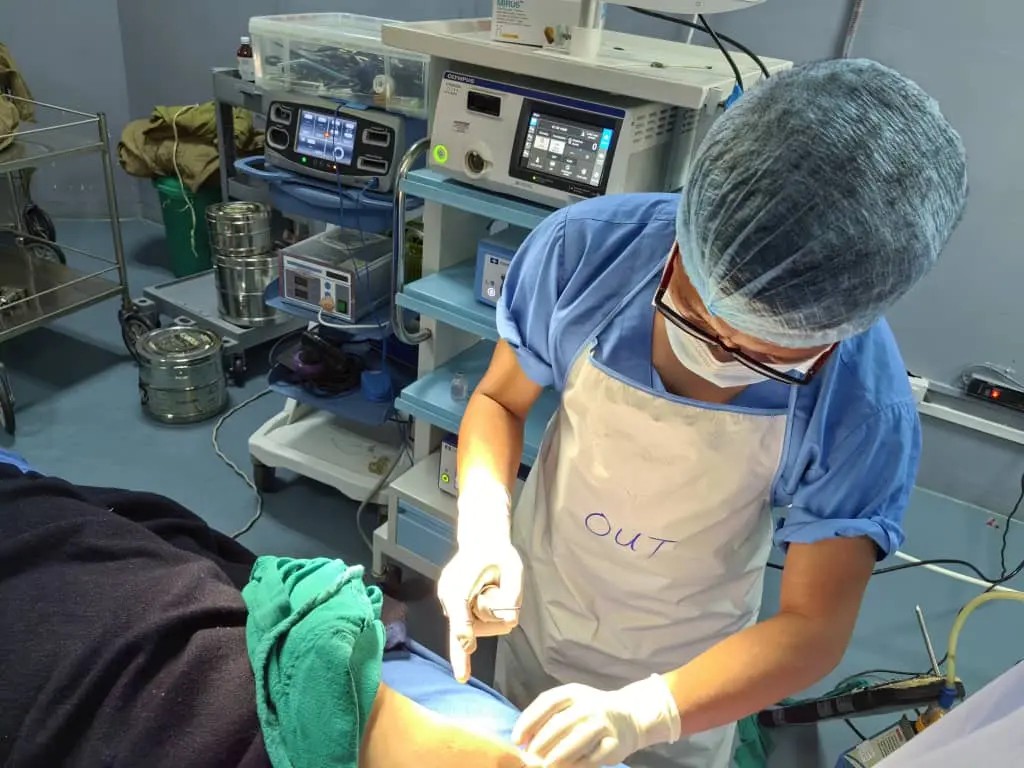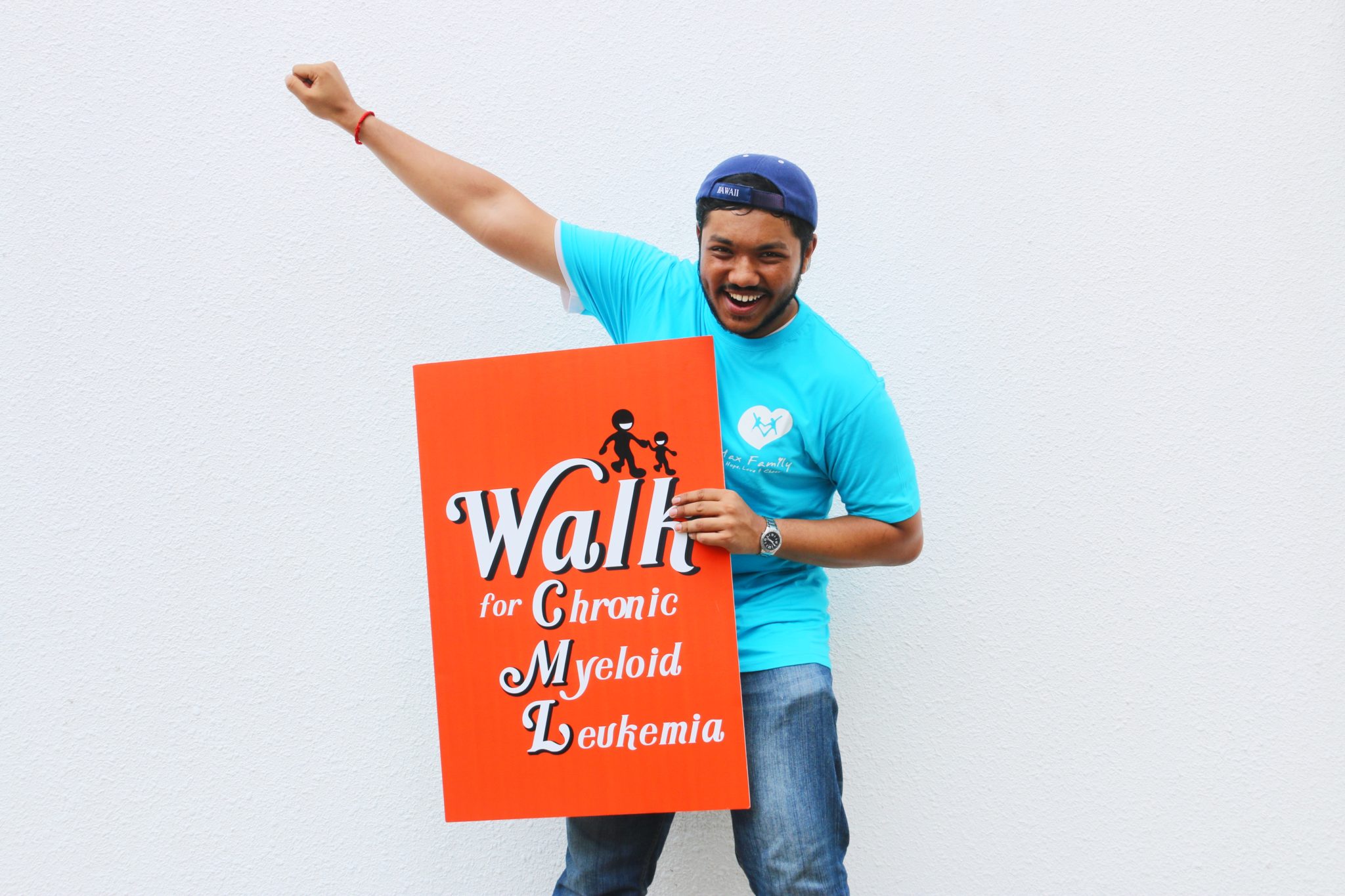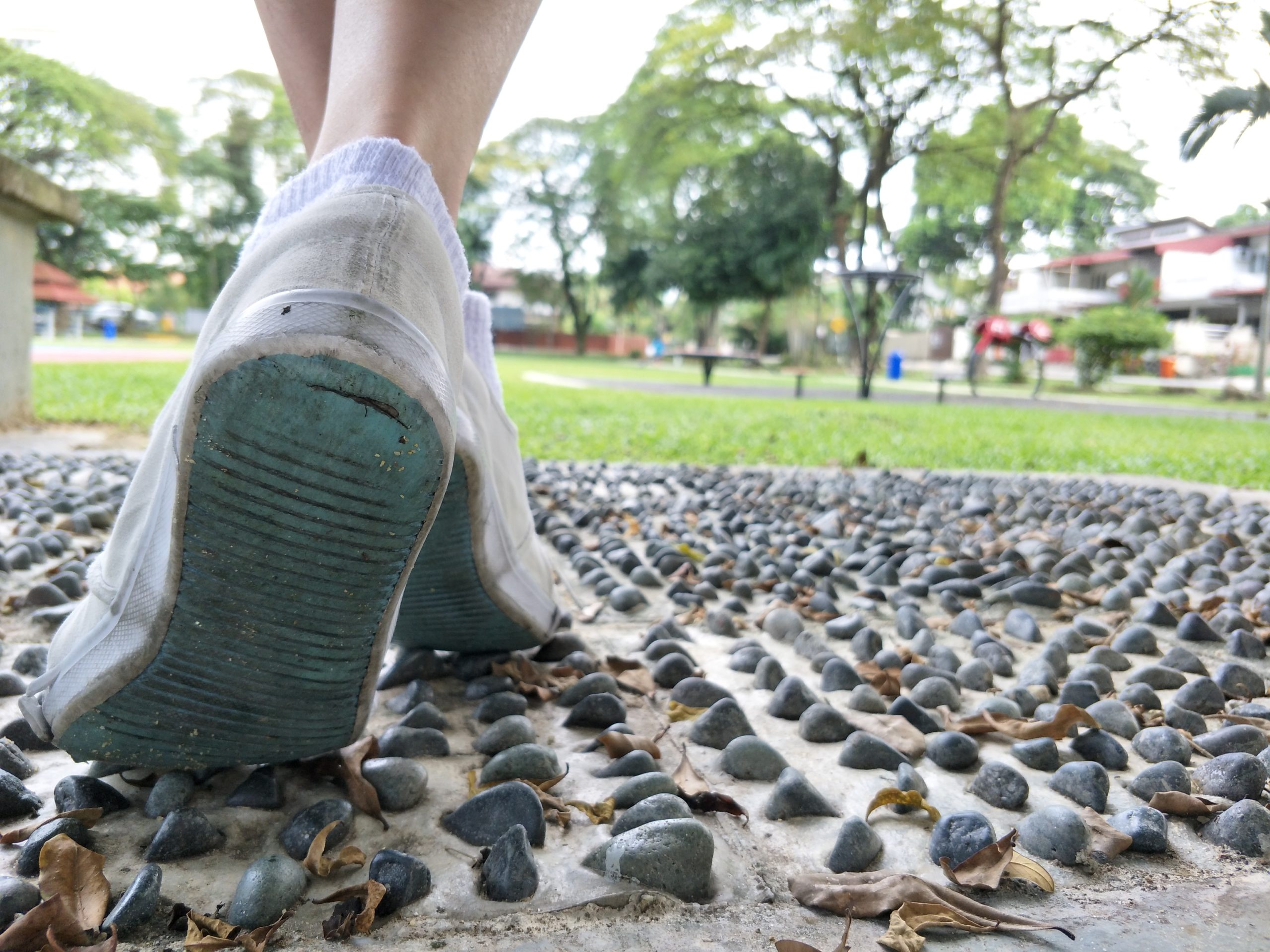From first symptoms to finding an effective treatment
The journey from experiencing the first symptoms of chronic myeloid leukemia (CML) to finding an effective treatment can be long, difficult, and painful, especially in low- and middle-income countries. That was the case for Chamu from Harare, Zimbabwe. It took him more than a year to get a diagnosis, but he kept fighting and is now on medication that helps him manage his symptoms and get his strength back.
He first started feeling unwell in 2016, coughing continuously on his way home from an exhibition at a local university. Over the next year, Chamu’s cough got worse and sometimes he would lose strength and collapse. He had many diagnostic tests done over this period – chest X-rays, blood tests, an endoscopy, an ultrasound, a lung function test, and a painful biopsy. He received a variety of treatments that were either not effective or only helped with his symptoms briefly.
After seeing a hematologist, Chamu was prescribed very expensive medications. They seemed to work well for a while. Then, in November 2017, Chamu went to the hospital because he was feeling weak. As he was climbing the stairs to his room, he collapsed and woke up in a hospital bed. He stayed there for a week to receive treatment. Then, he was admitted again in December.
“My situation got worse, and I requested to be discharged from the hospital so that I go to Harare, as I had heard that there was a new drug,” Chamu said. “I went to Harare in a critical state.”
After starting Imatinib (Glivec) for CML, his coughing went away in just a week. He also started to gain back the roughly 60 pounds he lost. The Max Foundation and its partners provide access to support, care, and medication like Glivec in 77 low- and middle-income countries, including Zimbabwe.
“If it were not for the medication that I get from The Max Foundation, I might have been history by now,” Chamu said. “I greatly appreciate the assistance they are providing, especially given the economic situation in our country.”




